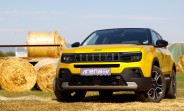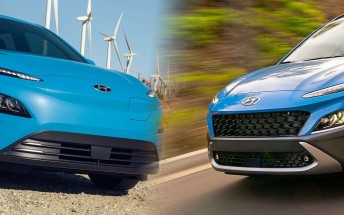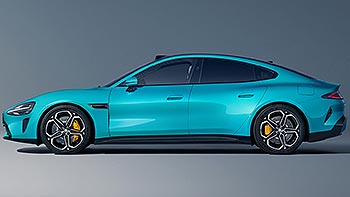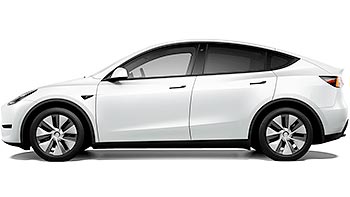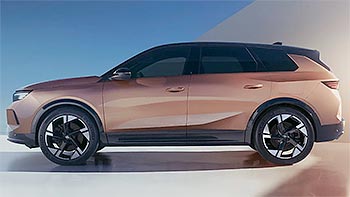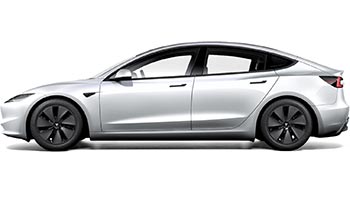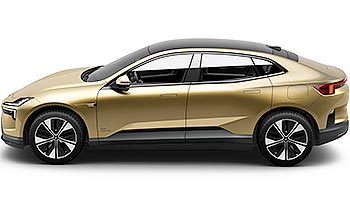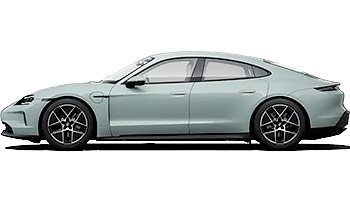BMW shifts gears - ICE production stops in Germany

BMW marks the end of an era in Germany, as the last internal combustion engine (ICE) has left its Munich production line. This does not signify a complete farewell to combustion engines for BMW, but it's as symbolic a move as they come.
BMW's Munich factory, a site that has been synonymous with the roar of combustion engines for over six decades, is undergoing a transformation. The plant, which has been assembling the electric i4 since October 2021, is now set to become a hub for BMW's future electric vehicles. Among the anticipated models are the electric 3-Series (i3), i3 Touring, and a new iteration of the i4. These models are part of BMW's Neue Klasse of EVs, with six models expected to launch between 2025 and 2027.

While this transition is significant, BMW's relationship with ICE isn't over yet. The production of these engines will now take place in the UK and Austria. This decision is a nod to the company's skepticism about a complete shift to electric vehicles by 2030, a target set by many of its rivals. BMW sees a future where electric and combustion engines coexist, catering to diverse global markets and consumer preferences.
The shift in production is not just a change in location but also a transition for BMW's workforce. The 1,200 employees at the Munich plant are set for retraining, redeployment, and new roles, ensuring that their expertise evolves along with the company's strategic direction. This move underlines BMW's commitment to its workforce and adaptability in an ever-changing automotive landscape.

The electric vehicles rolling out of BMW's factories are not limited to Munich. The iX, i5, and i7 are being manufactured in Dingolfing, while the iX1 and iX2 electric SUVs are assembled in Regensburg. These developments are part of BMW's extensive investment in e-mobility, which includes a new battery assembly site in Strasskirchen and a battery test center in Wackersdorf. These facilities will test high-voltage batteries and other e-drive components, signifying BMW's dedication to advancing its electric vehicle technology.
In a striking balance between the old and new, BMW has set a goal for 50% of its sales to be ICE vehicles by 2030. This approach reflects the company's pragmatic view of the market's readiness for a complete transition to electric vehicles. While pouring significant investments into EVs, BMW is not abandoning its combustion engine heritage, believing in the coexistence of both technologies.
Related
Reader comments
- Anonymous
True. But then the business with China is falling as well as the bribery the western politicians get from communist Chinese.
- 16 Nov 2023
- rRU
- Anonymous
Electric motors pollute the Earth more with its coal based power plants used to charge its batteries. Lithium batteries will enslave Germany to China main supplier of minerals.
- 16 Nov 2023
- rRU
I don't believe EV is any better for environment compared to ICE. only thing you do is export the emission somewhere else away from your eyesight. in order to use EV cars, you consume more fossil fuel for mining mineral needed for extra battery ...
- 16 Nov 2023
- mu4







